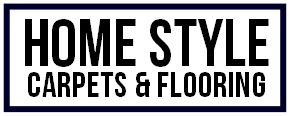Bio-based carpets sales forecast to grow significantly
/A report by Coherent Market Insights titled “Bio-based Carpet Market” forecasts that sales of bio-based carpets will grow during the next five years.
Carpets come in two main types, synthetic and bio-based. Carpets made from synthetic materials include nylon and polyester. Bio-based carpets are made from natural fibres such as jute, wool and seagrass, and the report predicts bio-based carpets will have a compound annual growth rate of 5.45% during the period 2021 to 2026.
The sales growth is due to many consumers wanting more natural and sustainable materials in their homes. The recent COP26 climate change talks in Glasgow focused people on making more environmentally friendly choices when buying goods for their homes.
Wool carpets in Chester and North Wales properties are popular with people who want floor coverings made from environmentally friendly natural fibres without compromising on the look, durability and luxurious feel of wool. There are many pure wool carpets available that don’t use chemicals and additives during the manufacturing process. This makes them suitable for allergy sufferers with chemical sensitivities. Some wool carpets are coloured using dyes, but there are non-dyed wool carpets available.
Seagrass and jute carpets, for example, are available undyed. These bio-based carpets are eco-friendly and suitable for allergy sufferers.
Wool carpets are not suitable for high-moisture areas, such as kitchens and bathrooms, where they could be infected by mildew and mould. They are suitable for living rooms, stairs, hallways and bedrooms.
There are some environmentally friendly synthetic carpets. For example, ECONYL fibre is made from a mixture of regenerated nylon and recycled waste materials.

